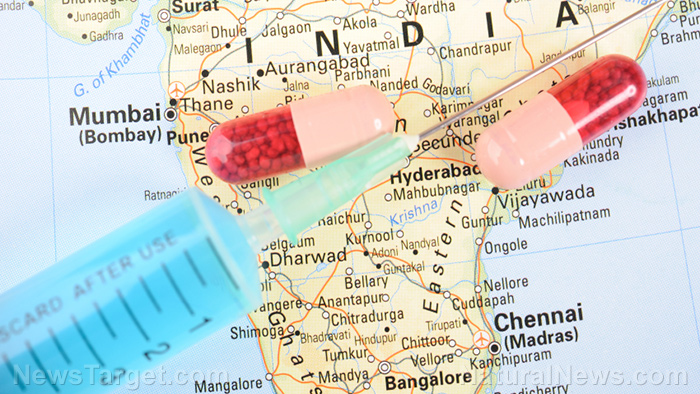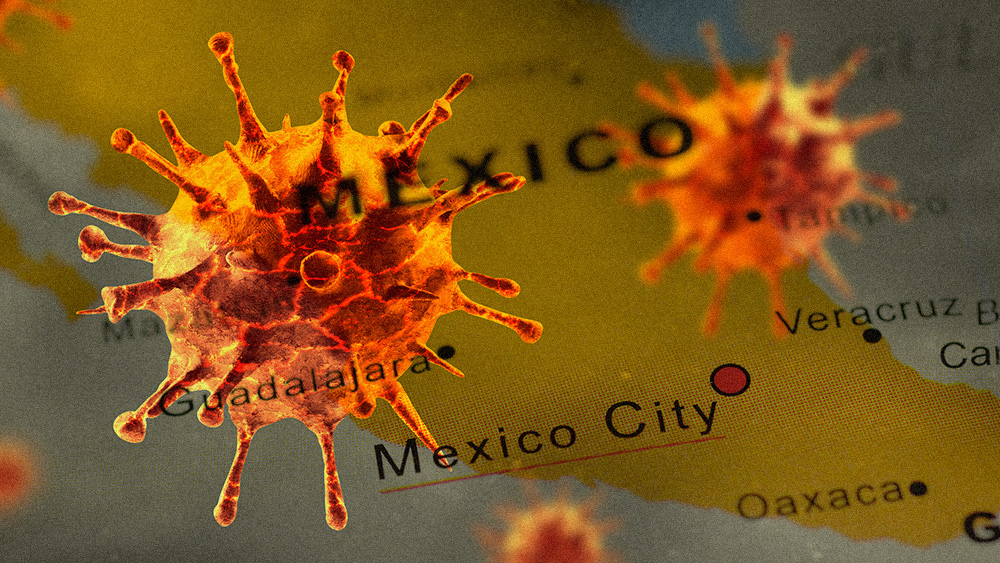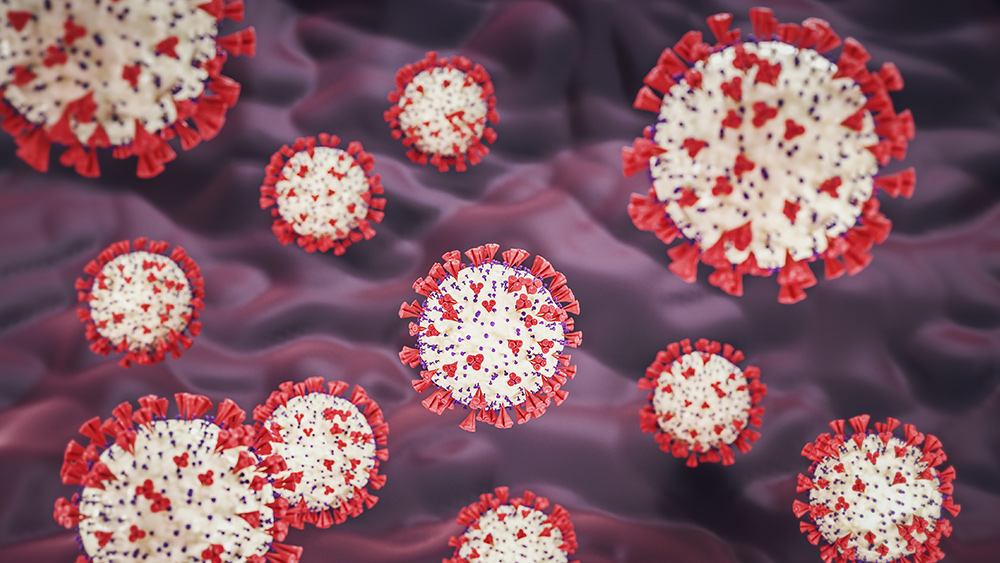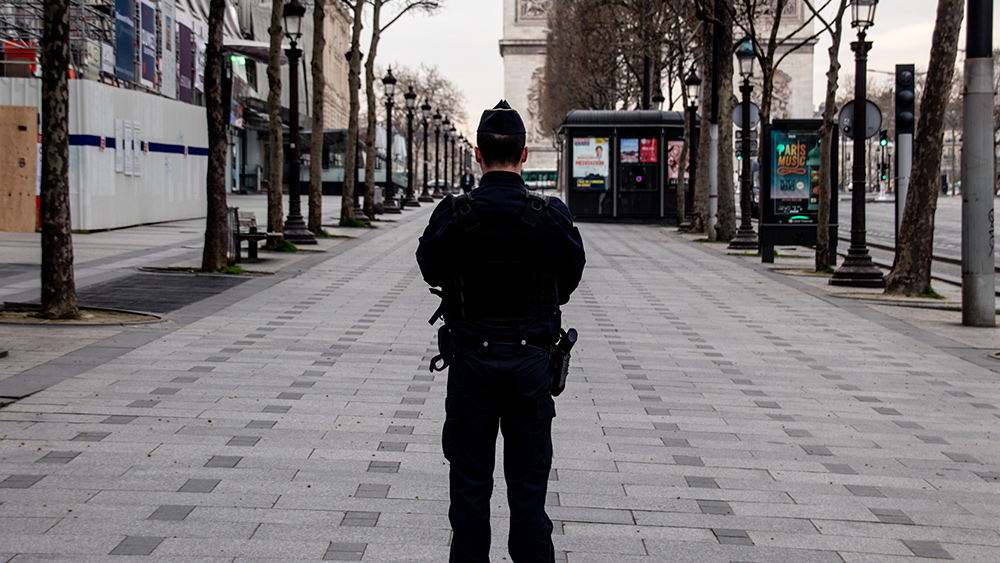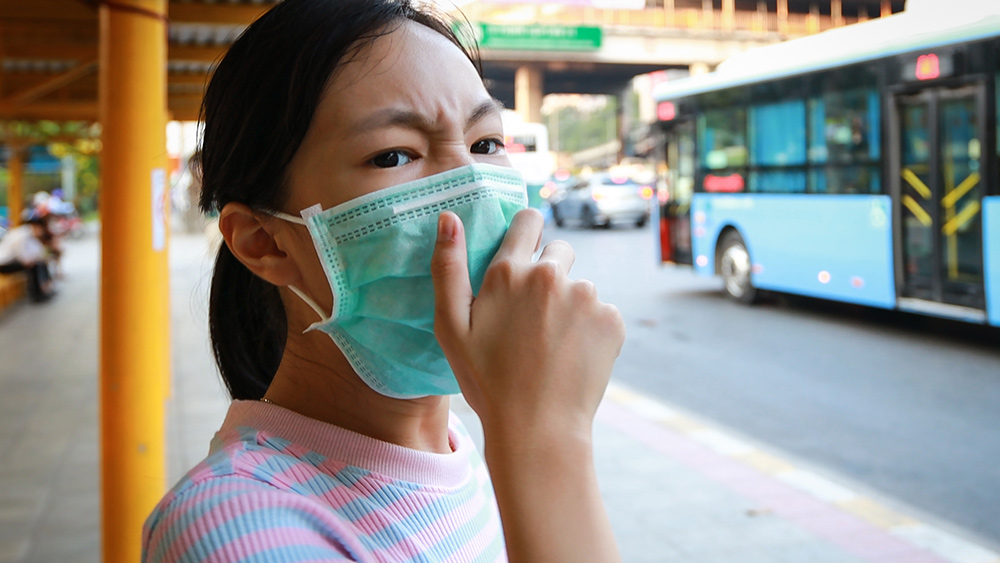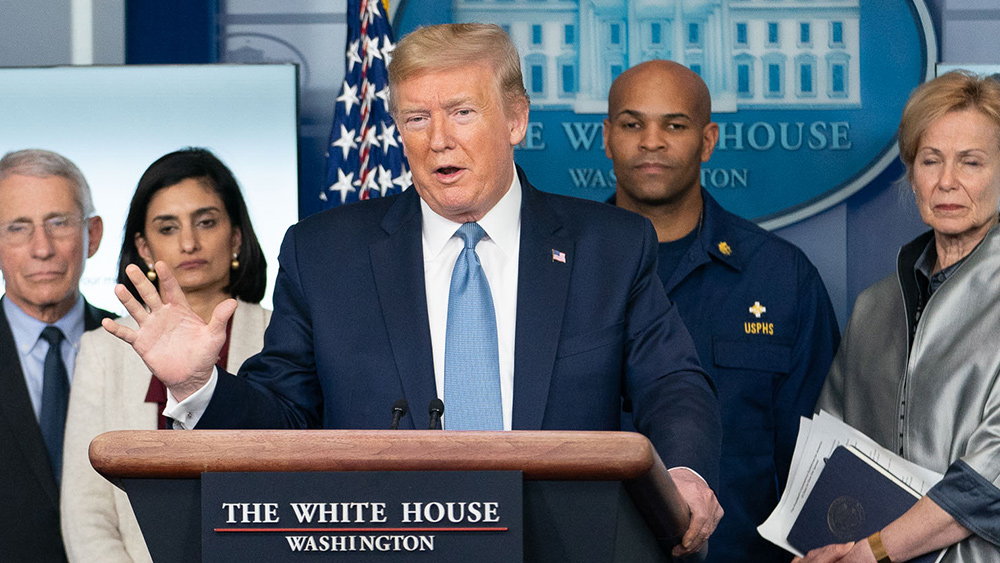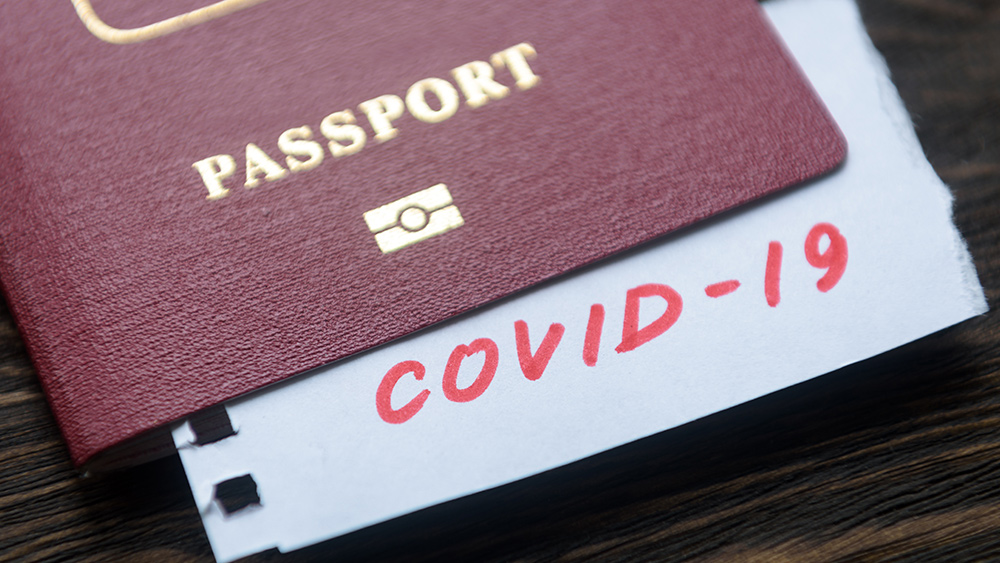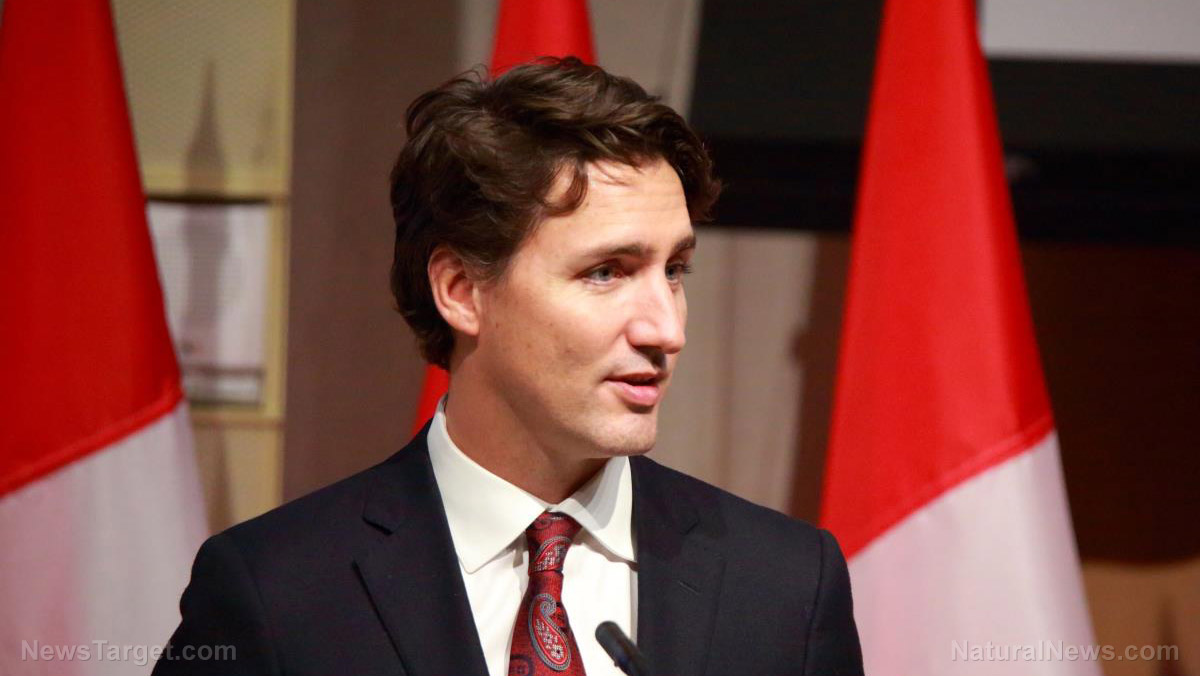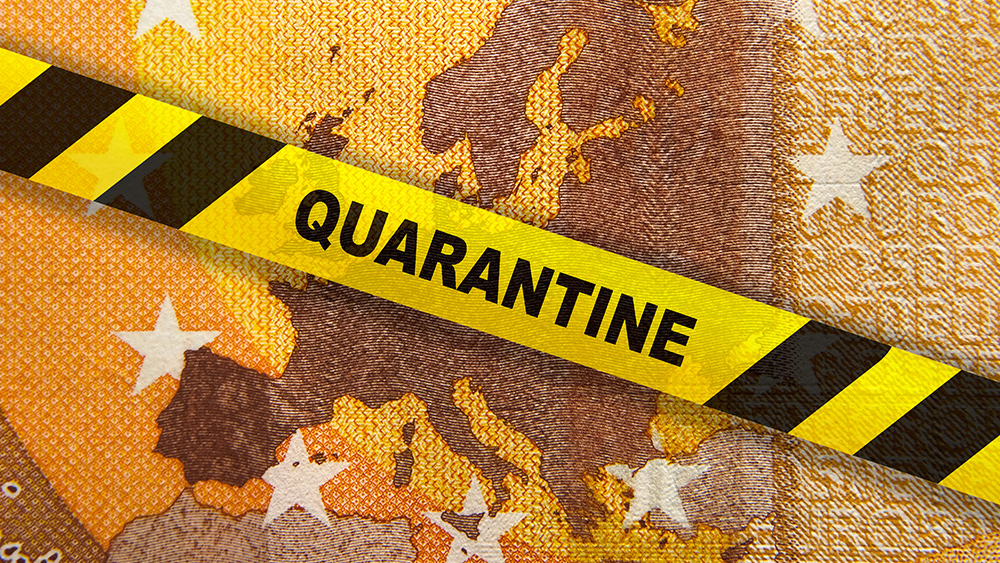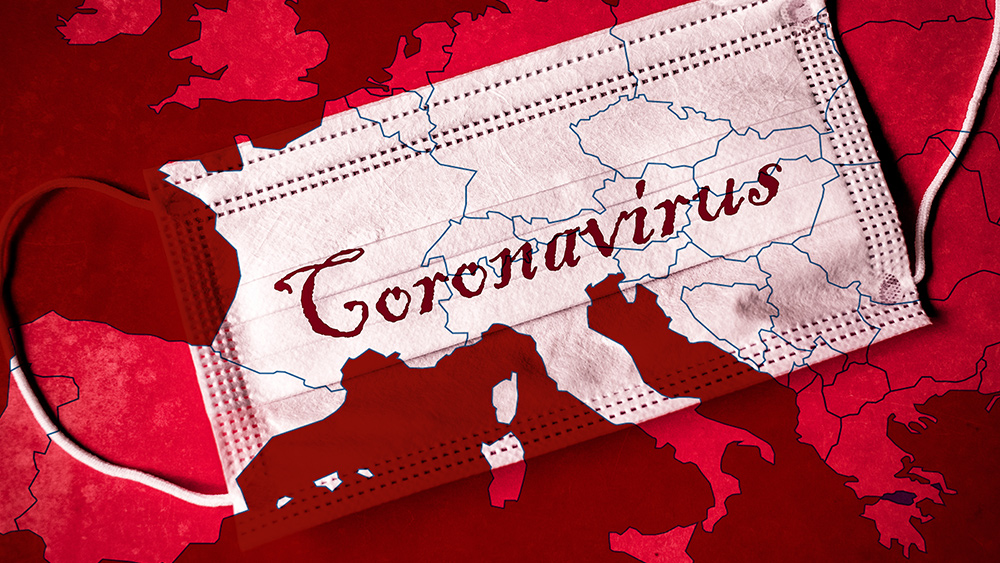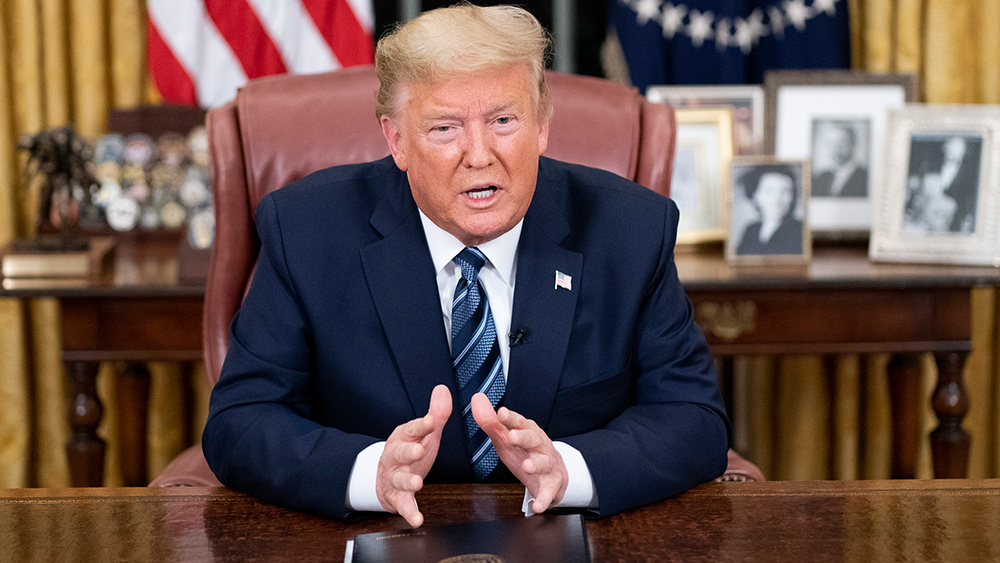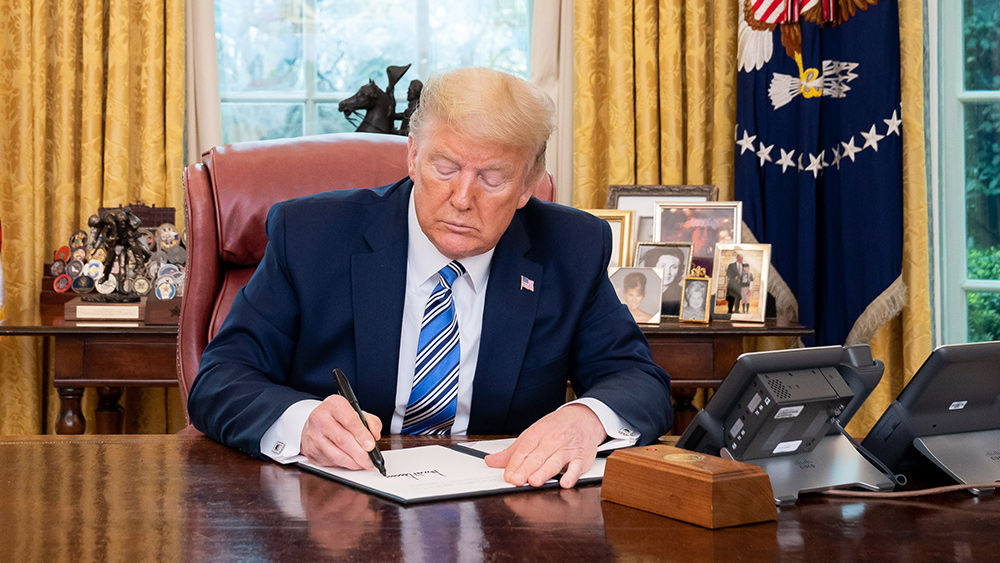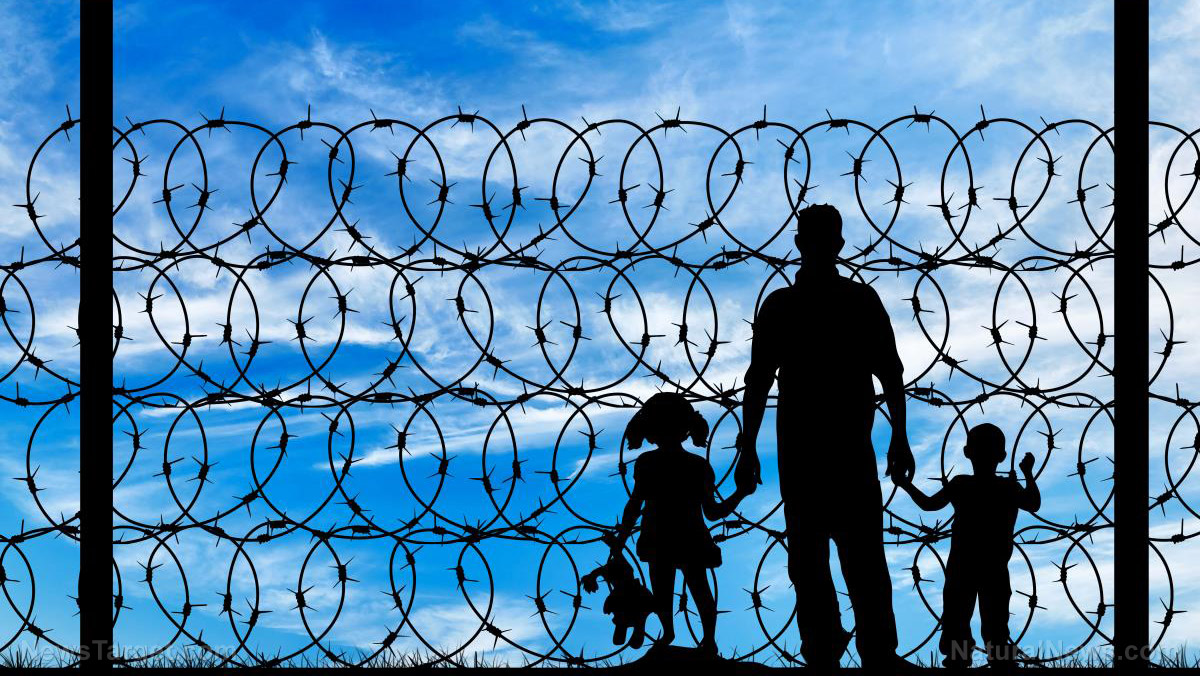Latin America the new epicenter of coronavirus pandemic
06/06/2020 / By Franz Walker
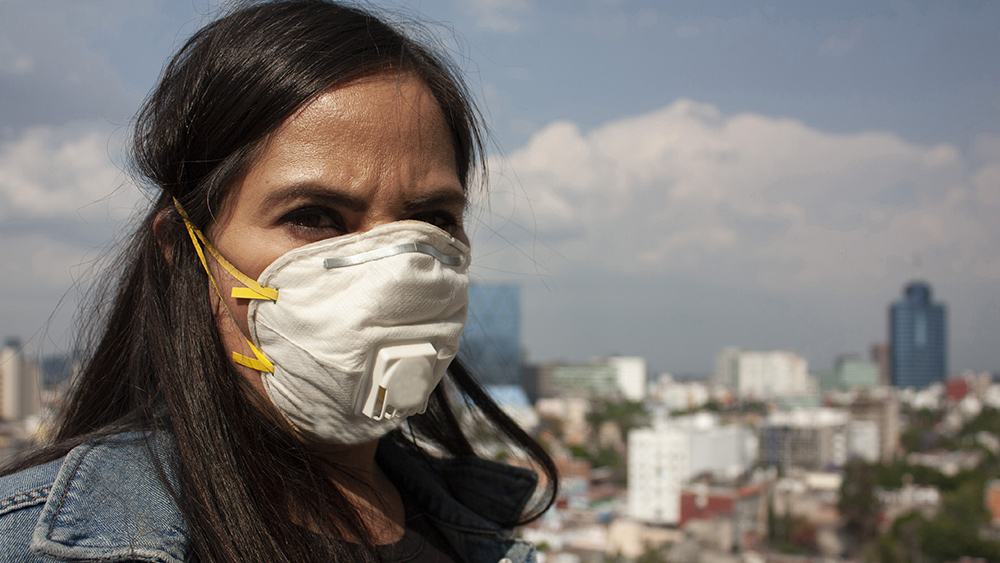
A top World Health Organization (WHO) official declared Latin America to be the new epicenter of the Wuhan coronavirus (COVID-19) pandemic Wednesday.
“In a sense, South America has become a new epicenter for the disease,” said Mike Ryan, executive director of the WHO’s emergencies program, at a news briefing at the organization’s Geneva headquarters.
The announcement came as the total number of cases in the region topped 1.1 million. Brazil and Peru have some of the highest caseloads in the world, let alone the region. Meanwhile, countries such as Bolivia, Chile and Mexico are not far behind.
On Thursday, Brazil reported that a record 1,473 people had died from COVID-19, bringing its total to over 34,000. With this, the country passed Italy for the third-highest number of deaths worldwide, according to data from Johns Hopkins University.
“The curve is steepening — the sky is the limit,” said Julio Croda, an infectious disease specialist and former Brazilian Ministry of Health official, on the pandemic’s spread in his home nation. “The current data show no signs of stabilization.”
While Peru doesn’t have nearly as many deaths as Brazil, it’s caseload is still rising as it nears 200,000. Chile and Mexico, on the other hand, have more than 100,000 infections each.
Urbanization and poverty contribute to the virus’s spread
What makes it easy for the coronavirus to spread in the region is its high rate of urbanization and equally high levels of poverty. According to UN-Habitat, 83 percent of the region’s population lives in cities. Most of these people live packed into slums and multi-generational homes that are hotbeds for infection.
In Brazil, more than 15 percent of the urban population lives in poverty; in Mexico, that number goes as high as 30 percent.
“Even if people want to follow the recommendations, it’s often difficult, or perhaps impossible, to do that,” said Ana Diez Roux, dean of the Drexel Dornsife School of Public Health in Philadelphia. “There’s no safety net and it’s very hard to stop working.”
According to the Inter-American Development Bank, more than half of the region’s workforce — about 140 million people — are informal workers; they move from job-to-job doing whatever they can to earn money. Few in this massive, off-the-books labor force have bank accounts, and most have little to no savings. As such, not working can mean not eating.
Even in the formal economy, things aren’t much better. Businesses that are receiving massive amounts of stimulus elsewhere, from small businesses to airlines, have been largely left to fend for themselves.
The only exception to this is Peru, which fired off billions in stimulus back in April.
Political instability and government mistrust is hampering coronavirus response
Complicating efforts to contain the spread of the virus is the people’s general mistrust of their governments. A working paper published last month by the National Bureau of Economic Research showed that Brazil and Mexico had the third- and fourth-highest number of respondents, respectively, among 58 countries surveyed where people said that they didn’t trust their governments to keep them safe.
In Brazil, the economic powerhouse of the region, the government should have had the ability to put up a coordinated response. However, standing in the way of this is the farcical political drama surrounding President Jair Bolsonaro, who famously referred to the pandemic as a “little flu.”
Bolsonaro has already fired two health ministers after clashing with them over the need for social distancing as well as the use of the controversial drug chloroquine. In addition, he has been involved in public arguments with state governors over whether the economy or public health should take priority.
On Friday, Bolsonaro threatened to leave the WHO after the latter warned governments about the risk ending restrictions before the spread of the pandemic had been sufficiently slowed.
Most leaders in the region have taken the pandemic much more seriously than Bolsonaro. However, some politicians who backed strict lockdowns in March and April are now pushing to reopen their countries’ economies.
Sources include:
Tagged Under: Argentina, Brazil, coronavirus, covid-19, disease, flu, Jair Bolsonaro, Latin America, Mexico, outbreak, pandemic, Peru, South America, superbugs, virus
RECENT NEWS & ARTICLES
COPYRIGHT © 2018 OPENBORDERS.NEWS
All content posted on this site is protected under Free Speech. OpenBorders.news is not responsible for content written by contributing authors. The information on this site is provided for educational and entertainment purposes only. It is not intended as a substitute for professional advice of any kind. OpenBorders.news assumes no responsibility for the use or misuse of this material. All trademarks, registered trademarks and service marks mentioned on this site are the property of their respective owners.


